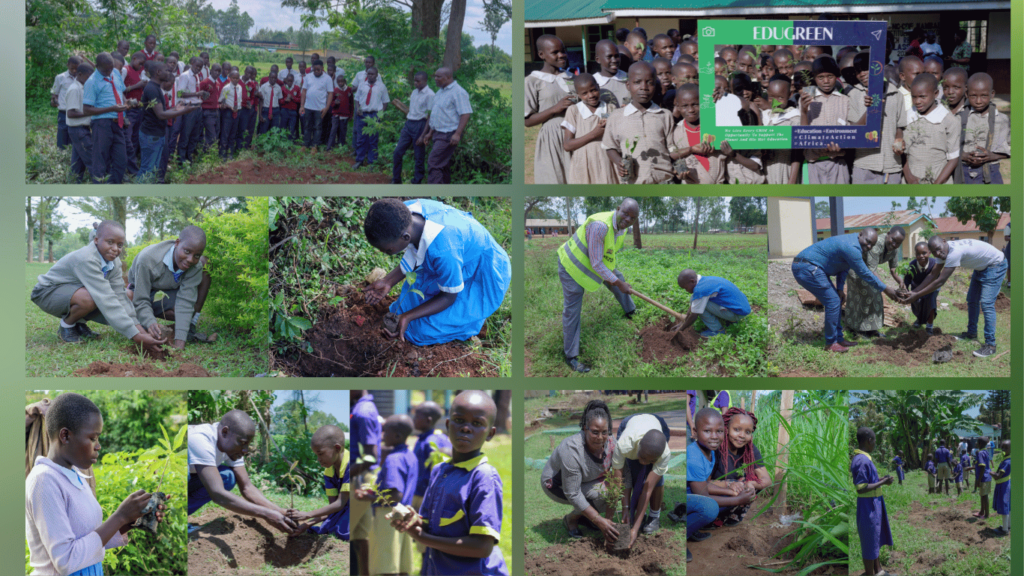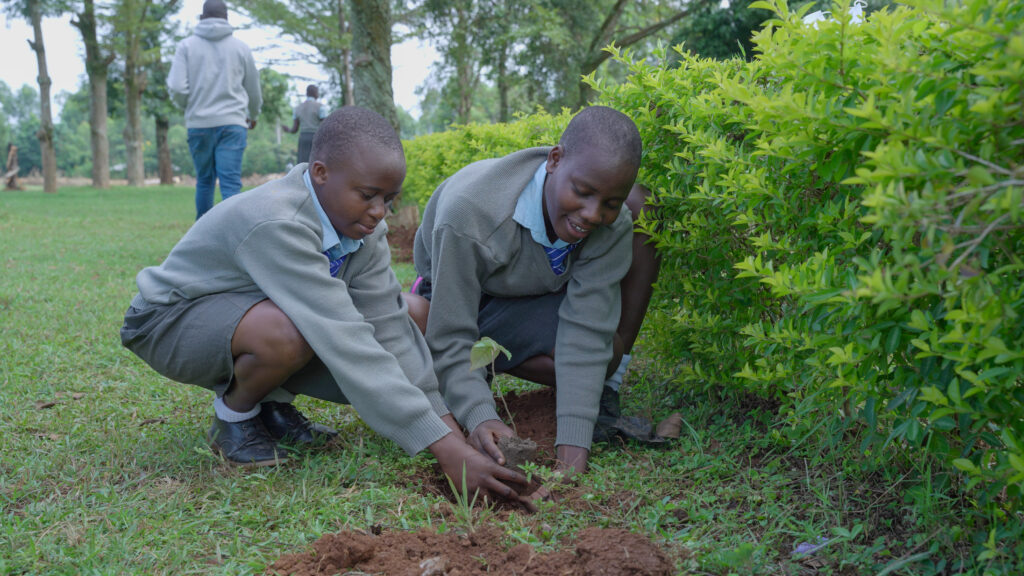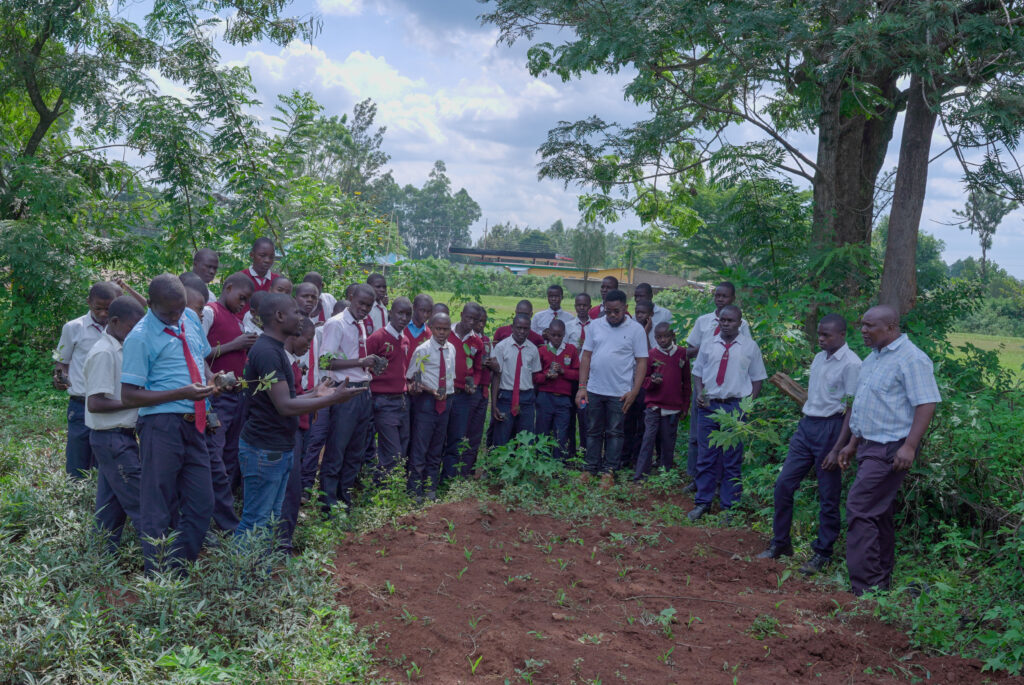
A program in Busia County, Kenya, is demonstrating a unique approach to addressing both educational access and environmental degradation by integrating tree planting and ecological education into the school curriculum. The EduGreen initiative, spearheaded by Kosi Africa, aims to transform school grounds into sustainable green spaces while simultaneously providing financial support for students.
The program focuses on establishing EduGreen clubs within schools, where students receive training in tree nursery management and the cultivation of indigenous species such as avocado, jackfruit, and shade trees. A three-month preparatory phase equips students with the necessary skills to establish and maintain these nurseries. Seedlings produced are then sold to local households and institutions, with proceeds directed towards program sustainability and student school fees.

According to Wycliffe Barasa, Kosi Africa founder, the EduGreen initiative has facilitated the continued education of nearly 900 students since its launch. Additionally, approximately 10,000 tree seedlings have been planted on school grounds and in surrounding areas, contributing to habitat restoration and environmental improvement. The program’s impact extends beyond ecological benefits, transforming previously unused spaces into productive green zones.
In a region facing challenges related to climate change and educational inequity, EduGreen presents a model that seeks to integrate sustainable practices with educational support. The initiative’s approach to self-sufficiency through seedling sales aims to create a long-term, replicable framework.

The initiative’s focus on practical environmental education and financial sustainability offers a potential pathway for other communities seeking to integrate education and environmental stewardship.
